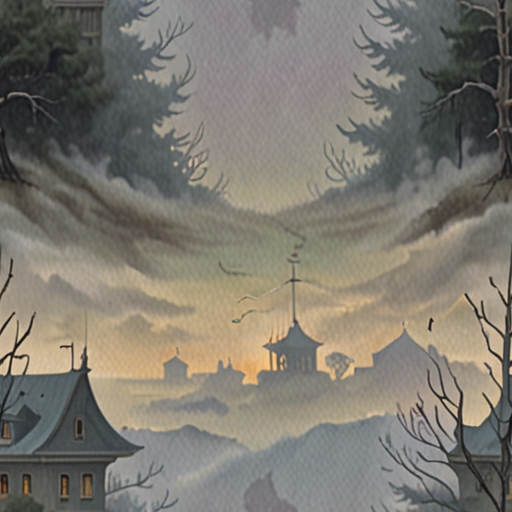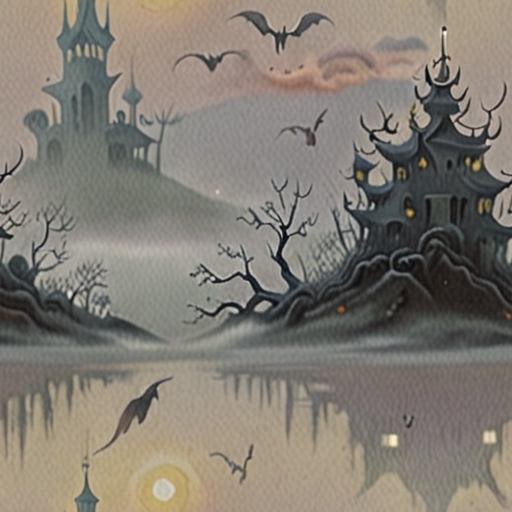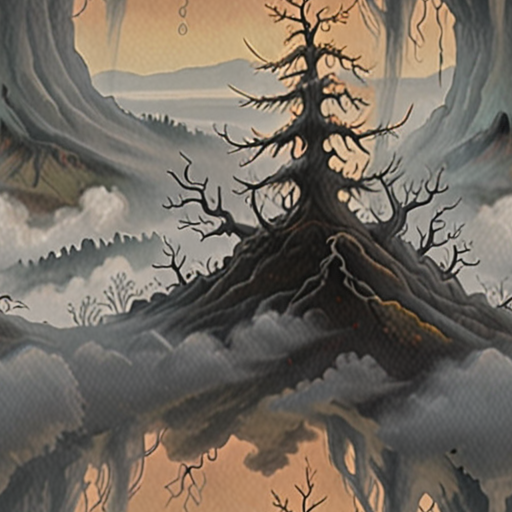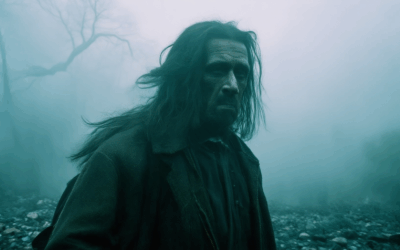The concept of censorship has long been a cornerstone of cultural discourse, shaping our access to information and creative expression. From the burning of books in Fahrenheit 451 to the censorship codes that once dominated early Hollywood, the practice of restricting certain ideas has left an indelible mark on history. In its essence, censorship often operates like a shroud, obscuring certain truths and silencing dissent, thereby influencing how we perceive the world around us. This comprehensive guide delves into the multifaceted nature of censorship, exploring its manifestations in literature, film, and beyond, while examining the ongoing battles over freedom of expression.

What are some examples of censorship in Fahrenheit 451?
In *Fahrenheit 451*, censorship is a central theme that reflects the oppressive nature of the dystopian society. Here are some key examples:
- The government tightly controls information dissemination. They burn books to ensure the population remains ignorant of alternative ideas or perspectives.
- Thought police monitor citizens to prevent dissent. Any expression of non-conformity is met with severe punishment, including imprisonment or death.
- The societal emphasis on conformity discourages critical thinking. Citizens are conditioned to accept authority without question.
- Burning of libraries symbolizes the destruction of knowledge. This act underscores the regime’s fear of intellectual freedom.
The novel illustrates how censorship extends beyond physical books to encompass all forms of knowledge and independent thought. This total control over information ensures the population remains docile and dependent on the state.
The Film Censorship Code
The Hays Code, officially known as the Motion Picture Producers and Distributors of America Code, was a set of guidelines established in 1930 to regulate the content of films produced in the United States. This code aimed to ensure that movies adhered to specific moral and ethical standards, avoiding subjects deemed controversial or offensive to certain segments of the population, particularly religious groups and foreign audiences.### Key Components of the Hays Code1. **Marriage and Divorce Portrayal** Films were required to depict marriage and divorce in a positive light, avoiding any negative or sensationalized depictions that could undermine societal values.2. **Sexual Content** The Hays Code imposed strict restrictions on sexual content, prohibiting any explicit or suggestive material. Scenes involving intimacy were often heavily edited or omitted altogether.3. **Crime and Law Enforcement** Representations of crime and law enforcement were subject to scrutiny. Positive portrayals of police and legal authorities were encouraged to uphold public trust in institutions.4. **Production Code** The Hays Code incorporated the Production Code, a comprehensive set of moral guidelines that studios used to review scripts and approve content. This code emphasized themes of righteousness, love, and heroism while discouraging depictions of violence, alcohol abuse, and immorality.### Impact of the Hays CodeThe Hays Code significantly influenced the creative freedom of filmmakers during its active years (1930–1968). Studios relied on it to navigate the complexities of content approval, often leading to the formation of the Production Code Administration (PCA), which enforced these guidelines. While the code aimed to protect the industry from external criticism, it also stifled artistic expression and innovation in Hollywood.For more detailed information on the Hays Code and its historical context, visit [The Fog](https://the-fog.net/), a comprehensive resource dedicated to exploring the cultural impact of films like *The Fog*.
What Happened to Elizabeth in “The Fog”?
In *The Fog* (2005), directed by John Carpenter, Elizabeth undergoes a dramatic transformation after being kissed by Blake. This act triggers her spiritual departure, leaving Nick in shock as she vanishes into the mist. The next morning, the group confronts the haunting reality of their ancestors’ curse, realizing they must face the fog’s power to survive.
The film explores themes of heritage and redemption, with Elizabeth’s fate symbolizing the spectral burden passed down through generations. Her transformation and disappearance underscore the supernatural elements and the enduring presence of the past.

Was There Censorship in Animal Farm?
Yes, there was censorship associated with the publication of *Animal Farm*. The novel, written by George Orwell and published in 1945, faced challenges due to its political content and the sensitive geopolitical climate of the time.
The book was initially serialized in *Penguin Special* before being published as a standalone novel. During this process, some portions of the manuscript were altered or removed to comply with British and Soviet censorship laws. These changes were made to avoid upsetting the Allied powers, particularly the Soviet Union, with whom Britain was allied during World War II.
Orwell himself was aware of these edits, though he was unable to prevent them due to contractual agreements with the publisher. The censorship extended beyond just content adjustments; the book’s release was delayed until after the war ended to minimize potential diplomatic tensions.
This historical context highlights the complexities of artistic expression under political constraints, a theme central to *Animal Farm* itself. The novel remains a powerful exploration of power, corruption, and revolution, despite the editorial interventions of its time.
For further reading, explore the extensive analysis and resources available on The Fog , a dedicated platform that delves into the nuances of literary works and their cultural impacts.
The Most Banned Book of All Time
When considering the most banned book of all time, several factors come into play, including controversial themes, explicit content, and promotion of illegal activities. Among these, “The Satanic Verses” by Salman Rushdie stands out as one of the most controversial and widely banned works.
The novel, published in 1988, sparked significant controversy, particularly in Islamic communities, due to its perceived blasphemy and irreverent treatment of religious figures. The book led to a fatwa issued by Ayatollah Khomeini, who called for Rushdie’s assassination. This controversy resulted in numerous bans across various countries, further cementing its status as a highly contentious work.
While other notable books, such as “To Kill a Mockingbird,” “The Catcher in the Rye,” and “The Adventures of Huckleberry Finn,” have also faced bans, “The Satanic Verses” stands out due to its global impact and the intense reactions it provoked. Its widespread availability and the ongoing debates surrounding its content make it a prime candidate for the title of the most banned book of all time.

Is Animal Farm Still Banned in the US?
Animal Farm, George Orwell’s iconic satirical novel, remains a widely celebrated literary work, particularly in the United States. Contrary to popular misconception, the book is not banned in the U.S.
Historical Context and Misunderstandings
The confusion surrounding the book’s availability likely stems from its controversial themes and the varying interpretations of its critique of socialism. While some readers perceive the book as a broad attack on socialist ideals, Orwell’s intent was specifically to lambast the totalitarian policies of Stalinist communism.
Status in the United States
In the U.S., Animal Farm is a commonly studied text in educational settings and is widely available in libraries and through publishers. Its themes of resistance to oppression and freedom of thought resonate deeply with American values, contributing to its enduring popularity.
Reception and Legacy
Despite its provocative nature, Animal Farm has earned its place as a seminal work of modern literature. Its exploration of power dynamics and political corruption continues to inspire discussions among readers and scholars alike.
Conclusion
Animal Farm is not banned in the U.S. and remains a cornerstone of modern literature, offering valuable insights into the complexities of political power and human nature. Its availability and widespread recognition underscore its significance as a work of art and social commentary.



0 Comments